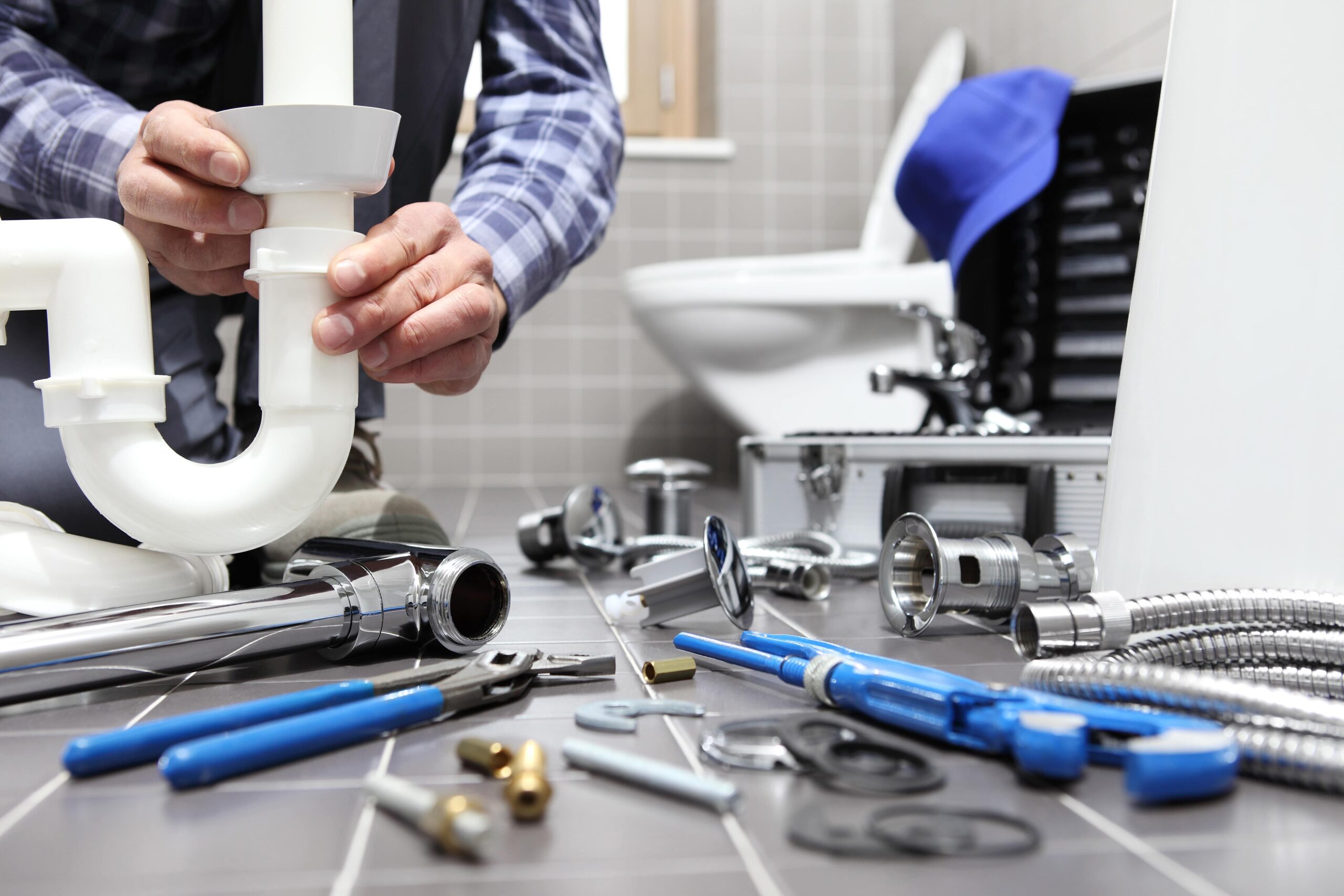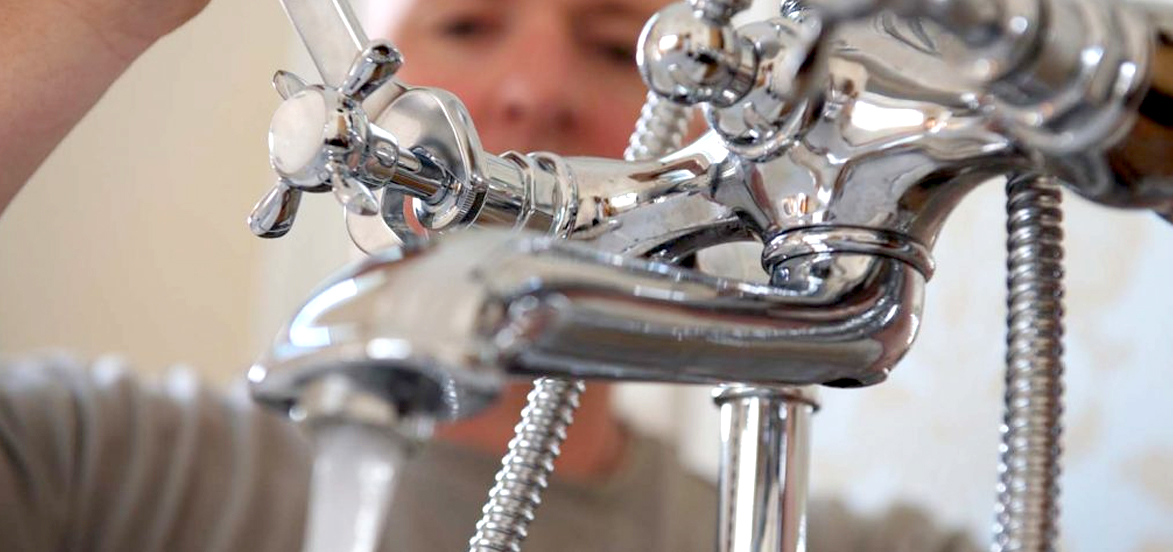The Top 5 Recurring Water Leak Factors
The Top 5 Recurring Water Leak Factors
Blog Article
The author is making a few good points related to How to Find and Prevent Water Leaks in Your Home in general in this content down the page.

"Be careful of little expenses. A small leakage will sink a wonderful ship." - Benjamin Franklin.
He couldn't have actually been much more ideal since water leakages in our homes result in a waste of sources, enhancing our water costs. This rise may seem negligible at initially, it can lead to considerable expenditures that can damage your bank. Aside from an increase in bills, water leakages additionally cause undesirable organic development, architectural damages, and also electric dangers.
Identifying if you have a water leak isn't always very easy due to being not able to see most of the pipework in your home. Nonetheless, If you have had a boost in your water bills recently, saw water discolorations on ceilings and wall surfaces, smelt lousy smell, and so on. You could want to consider asking for plumbing solutions to get it checked out.
There are several sources of water leaks, as well as we have actually assembled the common factors listed below. Examine to see if you have had associated problems in your house just recently.
Clogged drains pipes
Food fragments, dirt, and grease can cause blocked drains and also obstruct the flow of water in and out of your sink. If undealt with, boosted stress within the gutters can trigger an overflow and also end up cracking or bursting pipes. To stay clear of clogged up drains in your house, we recommend you to stay clear of putting fragments down the drain and also regular cleaning of sinks.
High water pressure
You noticed your home water pressure is higher than usual but after that, why should you care? It runs out your control.
It would be best if you cared because your average water stress must be 60 Psi (per square inch) and although your house's plumbing system is developed to stand up to 80 Psi. An increase in water stress can put a pressure on your home pipes and result in fractures, or even worse, ruptured pipes. If you ever before see that your home water pressure is more than common, get in touch with a specialist concerning controling it.
Corrosion
As your pipework ages, it obtains weak as well as extra prone to rust after the frequent passage of water with them, which can gnaw at pipelines and cause cracks. A visible sign of rust in your house plumbing system is staining and although this might be tough to detect because of a lot of pipes hidden away. Once they are old to guarantee an audio plumbing system, we recommend doing a frequent examination every couple of years and also change pipes
Compromised pipe joints
Pipe joints are the parts of our plumbing system where the pipes attach. It is essential to note that even though pipelines are created to stand up to pressure and last for a while, they weren't designed to last for life; as a result, they would wear away over time. An usual sign of damaged pipe joints is excessive noise from taps.
Broken seals
Another source of water leakages in residences is broken seals of home appliances that use water, e.g., a dishwashing machine. When such home appliances are set up, seals are mounted around water ports for easy flow of water via the equipment. A broken seal can trigger leakage of water when in use.
With little or no knowledge of plumbing, recognizing your home's plumbing system adequate to take care of a few of these issues (without repercussion) can be a hassle. Get in touch with plumbing specialists in Pittsburgh, Divine Superintendence, Rochester, as well as environ today, and also they'll make those concerns go away.
He could not have actually been more best because water leakages in our residences result in a waste of sources, increasing our water costs. If you have had an increase in your water expenses recently, saw water stains on wall surfaces and ceilings, scented lousy odor, etc. A rise in water pressure can put a pressure on your house pipelines and lead to splits, or worse, burst pipelines. Another cause of water leakages in residences is broken seals of home devices that make use of water, e.g., a dishwashing machine. When such devices are mounted, seals are installed around water ports for very easy flow of water via the machine.
5 TIPS IN DETECTING A WATER LEAK IN YOUR HOUSE
Water leaks can be hard to find in your home, yet they can be so common. We rely on water every day in our home, which is why a leak can cause big problems. By detecting them early, you can save money and further damage, getting the problem fixed as soon as possible. Here are 5 tips to help you detect a water leak in your home, so you can contact a plumber straight away and get the issue sorted.
Check your water meter
Many people underestimate the value of the water meter in their home. It can be one of the best ways to tell if you have a leak early on, so you can get on top of it before issues start arising. Start by turning off all the water in your home: taps, washing machine, dishwasher, etc. Now take a look at the meter – if it’s still changing with everything turned off, it’s likely you have a fast-flowing leak that you need to get on top of straight away. If nothing changes, then leave your meter for an hour or two and come back to it. Did it change in this time? It’s likely you have a slower leak, which isn’t as urgent but still handy to get fixed so it doesn’t become a bigger problem.
Keep an eye on your bill
Another good way to detect a leak in your home is by keeping an eye on your water bill. It helps if you have a past bill from the same period of time. You can compare like for like and determine whether your water usage has increased significantly. If it has, there may be a leak in your system that you haven’t picked up before. A professional plumber can check through all of your pipes and determine where it is coming from.
Look for damage
If you have a leak inside your home, you will notice damage over time. Take a look at your showers and bathtubs and note whether any of the tiles surrounding the area seem to be discoloured or damaged in any way. There may be water stains, mould or peeling material that has resulted from a build up of moisture over time. Make sure you take a look under sinks at the back of cupboards that don’t get accessed regularly. This is where damage can go unnoticed and build up over periods of time.

Hopefully you enjoyed reading our section on Reasons for Water Heater Leaks. Thanks a lot for taking a few minutes How to Find and Prevent Water Leaks in Your Home. Sharing is nice. Helping people is fun. I enjoy reading our article about Common Causes of Water Leaks in the Home.
Drains blocked? Dial. Report this page